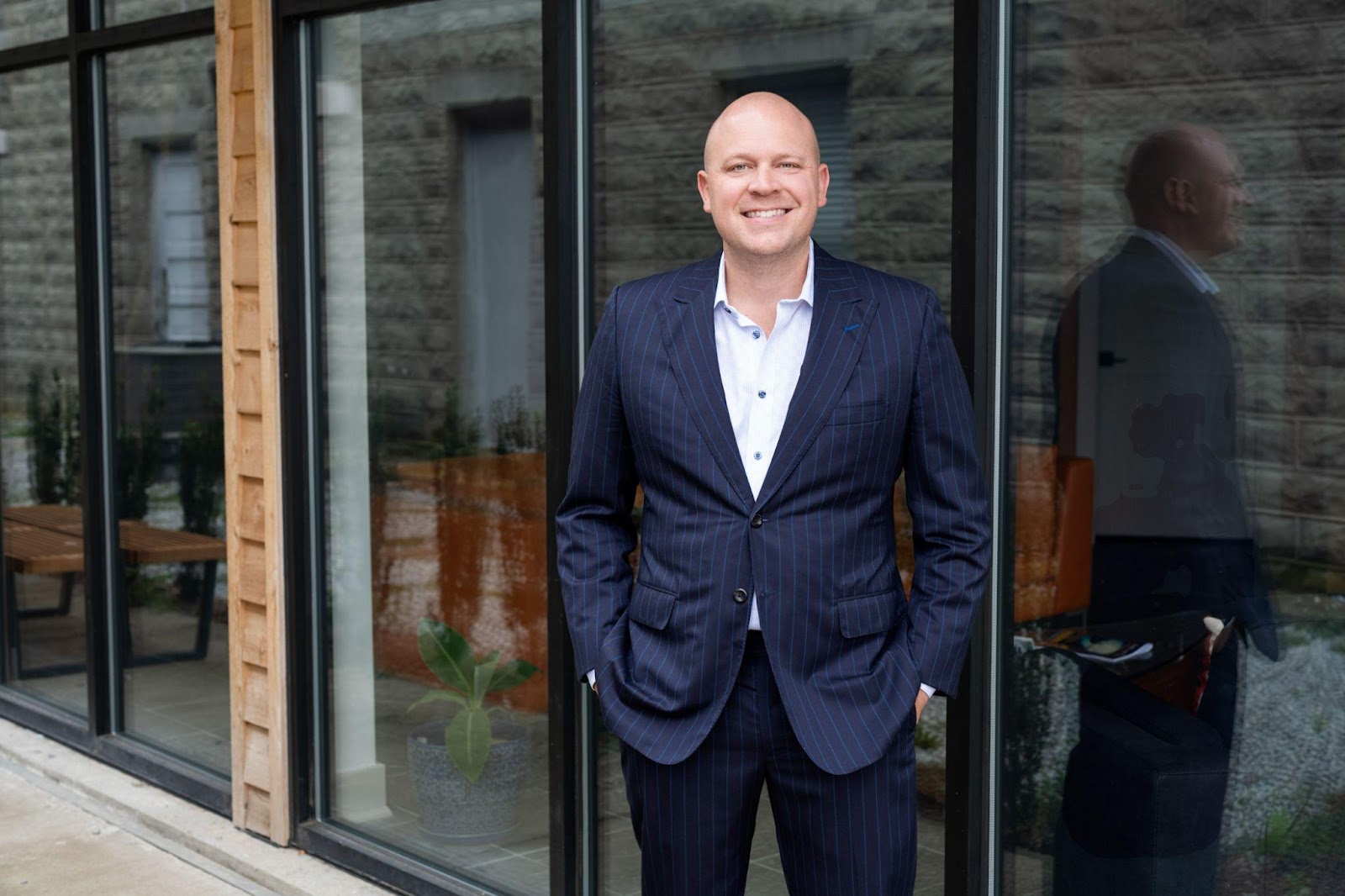Walk into most real estate tech conferences, and the focus is clear: luxury developments. Automation. AI leasing agents. Smart locks.
But the real frontier for PropTech isn’t at the top of the market, it’s in Class C multifamily housing.
These aging properties serve millions of Americans, yet continue to operate like they’re stuck in a different decade. Outdated infrastructure. Manual rent collection. Deferred maintenance. Entire communities underserved by both capital and innovation.
It’s here that smart technology can truly transform lives and elevate the standard of living for people who deserve a place to call home.
Class C Is Where the Stakes (and the Impact) Are Highest
Class C housing isn’t a liability.
It’s one of the most overlooked opportunities in real estate today. These properties serve working families, seniors, and essential workers, the people who keep our cities running.
Yet they’re often managed with the lowest standards of technology, care, and responsiveness. We believe that needs to change.
At Wise Capital, we see the future of PropTech not in upgrading what’s already modern, but in reengineering what’s been overlooked.
Through the implementation of predictive maintenance systems, energy optimization tools, and conversational AI, we’re bringing a level of operational intelligence typically reserved for high-end developments into communities where it can deliver the most tangible value.
When you reduce resident stress, lower utility bills, and give people greater control over their space, you don’t just see higher retention. You help restore pride in the place they call home.
Rethinking the Entire Experience, Not Just the Hardware
Too many operators treat PropTech as a cosmetic upgrade, adding a smart lock or a digital rent portal to check a box. That’s not innovation. That’s optics.
Our approach is different. We rethink the entire operating system of a property by:
- Using machine learning to underwrite and evaluate assets.
- Automating leasing, rent collection, and maintenance triage.
- Empowering property managers to shift from reactive administrators to proactive community builders.
This is PropTech not as a feature, but as a framework.
We’re not deploying tech for scale’s sake. We’re deploying it to make housing better and more human.
What Happens When We Get This Right
When PropTech is applied to Class C housing at scale, the benefits go far beyond lower costs or improved NOI.
It raises expectations across the entire industry, pushing operators to deliver more and accept less neglect.
It strengthens resident outcomes, curbs housing instability, and attracts more responsible, long-term ownership.
It also introduces transparency and operational discipline into a segment that’s long been left to decay quietly.
And perhaps most critically, it generates better data, fueling smarter urban planning, more confident investment strategies, and service delivery that actually meets real-world needs.
At Wise Capital, our goal isn’t just to prove that PropTech can function in Class C housing. It’s to show that it should start there.
This Isn’t a Trend. It’s a Belief System.
I didn’t build Wise Capital to chase what’s easy. My background, across military special operations, law, and technology, has taught me to lean into complexity.
Class C housing is complex. It’s operationally intensive. It’s capital-constrained. But it’s also where technology can deliver the most impact per dollar deployed.
That’s why we don’t just invest in buildings. We invest in people’s living experience. And we do it with the belief that innovation should serve everyone, not just the few.
Because the future of real estate isn’t defined by what you build for luxury towers.
It’s defined by what you choose to rebuild in the places no one else is looking.



































